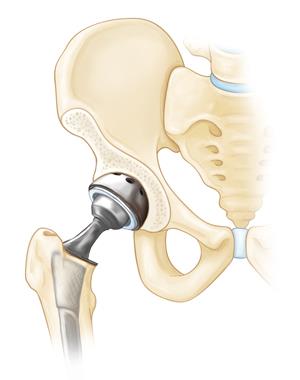What Is Genetic Checking?
Content
- Will Insurance Cover Genetic Screening?
- How Do I Locate A Genetic Specialist?
- Genetic Disorders
- Genes, Condition Prevention As Well As Treatment Frequently Asked Question.
- National Institutes Of Wellness.
- Exactly How Dna Tests Job
Will Insurance Policy Cover Genetic Testing?
The second type is when a relative has a hereditary illness and you need to know if you bring the very same mutation that made them ill. Quick advancements in genetics screening technologies have sparked argument about whether healthy Australians ought to undergo hereditary screening. Lots of genetic disorders result from gene changes that are present in essentially every cell in the body.
How Do I Find A Genetic Expert?
Carrier testing is done on parents using a blood example or cells sample swabbed from inside the cheek. These tests are made use of to find out whether an individual lugs a gene for sure acquired problems. Prenatal genetic screening offers parents-to-be info concerning whether their fetus has particular genetic disorders. Some traits or conditions are inherited via genetics found on either the X or Y sex chromosomes.
Genetic Disorders
- What's even more of an issue is if both moms and dads have the very same mutation.
- It's what identifies our eye and hair shade, our proneness for conditions or diseases and also also a love or disgust of particular foods.
- Nonetheless, it is essential to keep in mind that there are a couple of problems that can be brought on by a mutation in simply one set of DNA, in contrast to an established from each parent.
- Essentially, every person brings a gene for a minimum of one genetic disease.
- Continue reading to discover some advantages and disadvantages of genetic screening for cancer.
A test called chromosomal microarray evaluation determines duplications or removals of DNA as well small to appear on a karyotype. Still, a karyotype is needed to recognize instances in which chromosomes uniformly trade a chunk of genetic product. If a test reveals a damaging mutation with recognized connections to autism, the outcome might provide the autistic person and also her household an explanation for the condition. Some family members likewise locate psychological and also functional support from others taking care of the very same mutation.
Genes, Condition Avoidance And Therapy Faq.
On the other hand, an adverse result does not ensure that you will not develop cancer cells. Continue reading to find out some benefits and drawbacks of genetic screening for cancer. For the most part, everybody carries a genetics for at least one hereditary disease. What's even more of a concern is if both parents have the same mutation.
Why do doctors push genetic testing?
Besides finding pregnancy risks, genetic counseling can help you assess your own health risks. Test results can tell if you're at an increased risk for heart disease or certain cancers. For example, tests foliculitis en gluteos tratamiento casero can find genes like BRCA1 and BRCA2, both of which are associated with breast and ovarian cancer.
Those tests are even more trusted and also deal greater personal privacy as well as lawful defenses. Federal hereditary personal privacy legislations do not apply to life, long-term treatment, or handicap insurers. These business are lawfully permitted to access hereditary testing data as well as charge people greater costs or reject protection based on their findings. Ellen Wright Clayton, a legal representative and Vanderbilt teacher, informed technology publication Gizmodo that existing regulation "really provides very little protection" against this kind of discrimination. In plain English, that implies screening firms typically mistook a harmless genetic mutation for a harmful one.

For General Info About Genetic Screening:

Newborn screeningNewborn testing is made use of after birth to identify congenital diseases that can be treated early in life. All states currently check infants for phenylketonuria and also congenital hypothyroidism.



